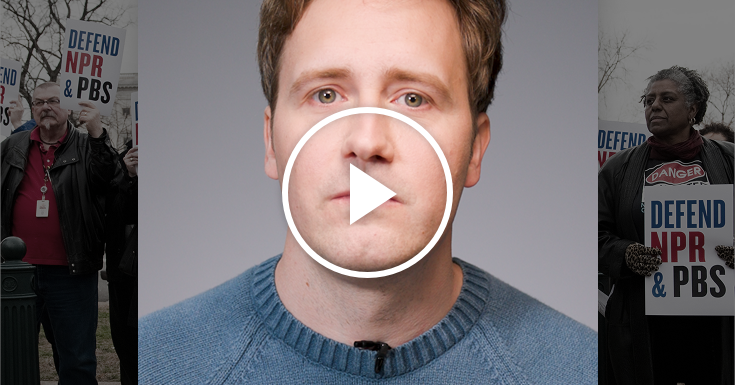The Impact of Defunding NPR and PBS
The Impact of Defunding NPR and PBS

Congress just voted to claw back $500 million in funding for public broadcasting. Benjamin Mullin, a media reporter for The New York Times, explains what will happen now to NPR, PBS and the many local stations that rely on the funding.
Read the full article on NY Times Politics
Truth Analysis
Analysis Summary:
The article appears mostly accurate based on the provided sources, although some claims lack direct verification. There is a moderate bias evident in the framing of the issue, particularly regarding the motivations behind the defunding efforts. The article relies on the NY Times' own reporting, which could introduce a degree of bias.
Detailed Analysis:
- Claim: Congress just voted to claw back $500 million in funding for public broadcasting.
- Verification Source #2: Supports the claim that the Senate is debating cuts to NPR and PBS.
- Verification Source #5: Supports the claim that the Senate is voting on rescission.
- *Factual Accuracy:* Mostly accurate, though the exact amount of $500 million is not explicitly verified by the provided sources.
- Claim: Benjamin Mullin, a media reporter for The New York Times, explains what will happen now to NPR, PBS and the many local stations that rely on the funding.
- *Factual Accuracy:* This is a statement of fact about the video's content and is likely accurate, but not directly verifiable from the provided sources.
- Claim: (Implied) Defunding will negatively impact NPR, PBS, and local stations.
- Verification Source #1: PBS CEO weighs in on the potential impact of cutting public media funding.
- Verification Source #4: Supports the claim that defunding PBS will shrink learning opportunities for young children.
- Verification Source #5: States that Trump wants to defund the networks because he "doesn't like criticism or objective reporting."
- *Factual Accuracy:* Mostly accurate, the sources suggest a negative impact.
- Claim: (Implied) The defunding is politically motivated.
- Verification Source #3: States that Trump signed an executive order aiming to slash public subsidies to PBS and NPR as he alleged “bias” in the broadcasters' reporting.
- Verification Source #5: States that Trump wants to defund the networks because he "doesn't like criticism or objective reporting."
- *Factual Accuracy:* Mostly accurate, the sources suggest a political motivation.
Supporting Evidence/Contradictions:
- Agreement: Verification Source #2 and Verification Source #5 both confirm that the Senate is considering cuts to NPR and PBS.
- Agreement: Verification Source #3 and Verification Source #5 both suggest that political motivations, specifically allegations of bias, are behind the defunding efforts.
- Agreement: Verification Source #1 and Verification Source #4 both suggest that defunding will have a negative impact on public broadcasting and learning opportunities.
- Lack of Coverage: The specific amount of $500 million is not explicitly verified by the provided sources.
- Lack of Coverage: The role of local stations is mentioned in the article, but the specific impact on them is not detailed in the provided sources.
